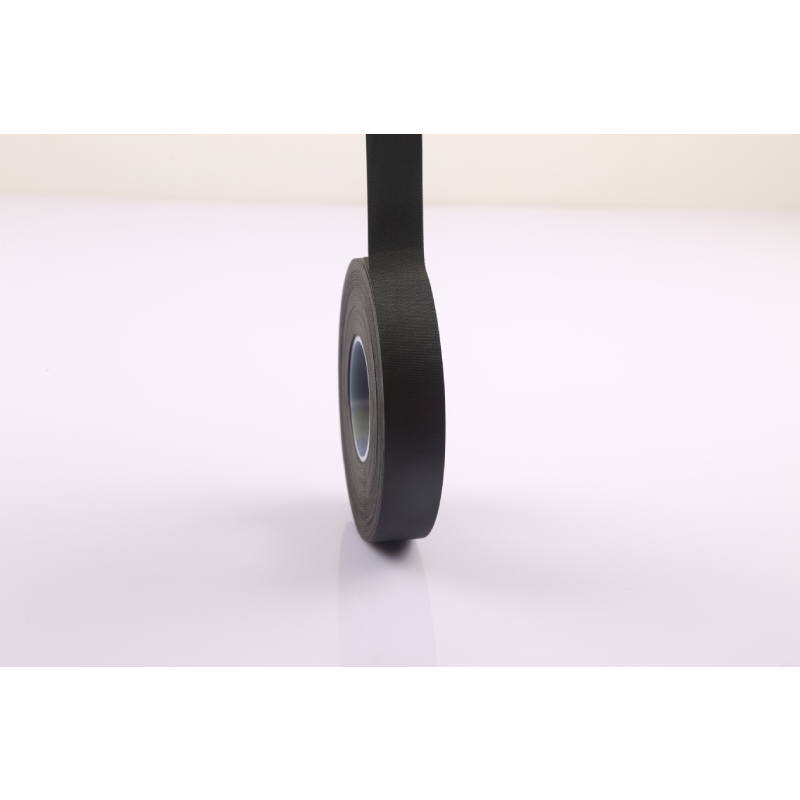The Versatility and Benefits of Butyl Gum Tape
In today’s diverse world of adhesives, butyl gum tape stands out as a highly effective solution for various applications. Renowned for its excellent sealing capabilities and versatility, it is a go-to choice for both professionals and DIY enthusiasts alike. This article explores the features, applications, and advantages of butyl gum tape, highlighting its significance across different industries.
What is Butyl Gum Tape?
Butyl gum tape is a type of adhesive tape made from butyl rubber, a synthetic rubber known for its unique properties. This material is characterized by its high tackiness, flexibility, and resistance to aging, water, and UV light. Butyl gum is non-curing, meaning it remains pliable over time, which allows it to maintain a strong bond even under challenging conditions.
Key Features
One of the standout features of butyl gum tape is its exceptional adhesion to a wide range of substrates, including metals, plastics, wood, and glass. The tape typically comes with a high initial tack, allowing for easy application without the need for additional adhesives. Its resistance to moisture makes it ideal for outdoor applications, preventing water ingress and providing a reliable seal.
Another significant characteristic is its temperature resistance, enabling it to perform well in both high and low temperatures. This makes butyl gum tape an excellent choice for applications in climates that experience extreme weather variations.
Applications
Butyl gum tape's versatility allows for its use in numerous industries and applications. In construction, it is commonly employed for sealing roofs, windows, and doors, ensuring a watertight barrier that enhances energy efficiency. Its robustness makes it suitable for use in automotive applications, including window sealing and repairs, contributing to vehicle durability.
butyl gum tape

In the HVAC industry, butyl gum tape is used extensively for duct sealing, preventing air leaks that can significantly affect energy consumption
. The tape’s ability to withstand outdoor elements also makes it a favorite for use in marine applications, such as sealing boat hatches and joints.Furthermore, butyl gum tape is useful in the electrical sector, providing insulation and protection for wires and connections. Its non-conductive properties ensure safety when used in various electrical installations, offering peace of mind to professionals and DIYers alike.
Advantages of Using Butyl Gum Tape
The benefits of using butyl gum tape are manifold. First and foremost, its strong adhesive properties provide a long-lasting bond that ensures durability in demanding environments. Additionally, it is easy to apply, requiring no special tools or equipment, which allows for quick and efficient installations.
Moreover, butyl gum tape is often resistant to chemicals and solvents, adding to its versatility. This makes it suitable for use in industrial settings where exposure to harsh substances is a common occurrence.
Lastly, butyl gum tape is cost-effective. With its ability to create lasting seals and bonds, it often reduces the need for costly repairs or replacements due to water damage or other issues.
Conclusion
In summary, butyl gum tape is an invaluable tool in the adhesive tape market, thanks to its versatility, robustness, and ease of use. Whether in construction, automotive, HVAC, or electrical applications, its superior sealing qualities and durability make it a preferred choice. As industries continue to evolve, butyl gum tape remains a reliable solution for a wide array of challenges, ensuring that it will continue to play a crucial role in many projects for years to come.
-
XIANGFAN Rubber Tape-Ultimate Solutions for All Your Insulation NeedsNewsJun.24,2025
-
XIANGFAN Rubber Tape-Protection for Industrial and Residential ApplicationsNewsJun.24,2025
-
XIANGFAN Rubber Tape: Superior Safety and Sealing for Demanding EnvironmentsNewsJun.24,2025
-
XIANGFAN Rubber Tape: Reliable Solutions for Every Electrical ChallengeNewsJun.24,2025
-
XIANGFAN Electrical & Industrial Tape: Powering Reliability Across IndustriesNewsJun.24,2025
-
XIANGFAN Electrical & Industrial Tape: Excellence in Every ApplicationNewsJun.24,2025
